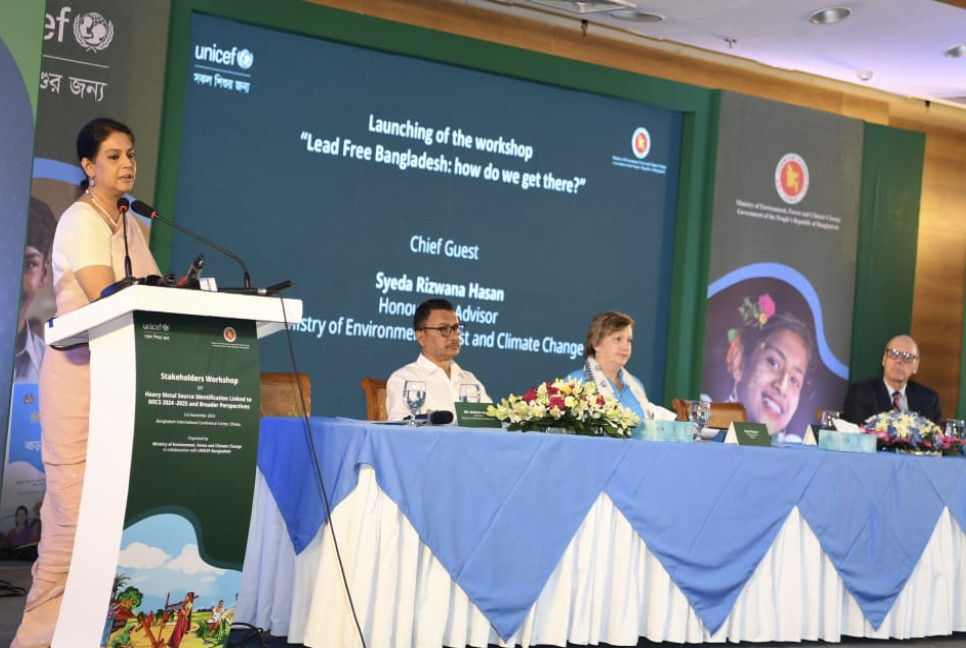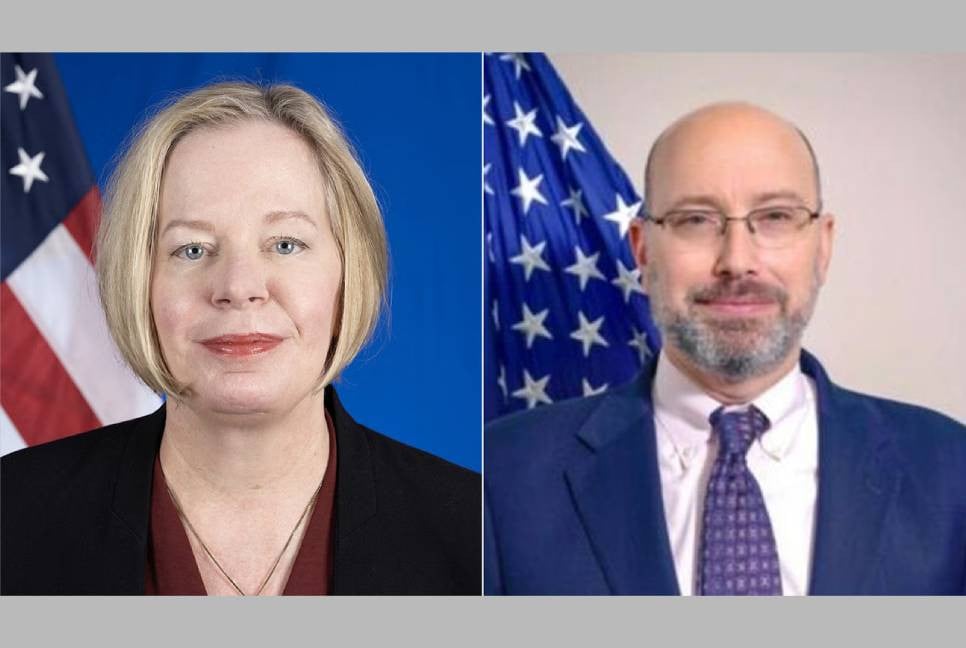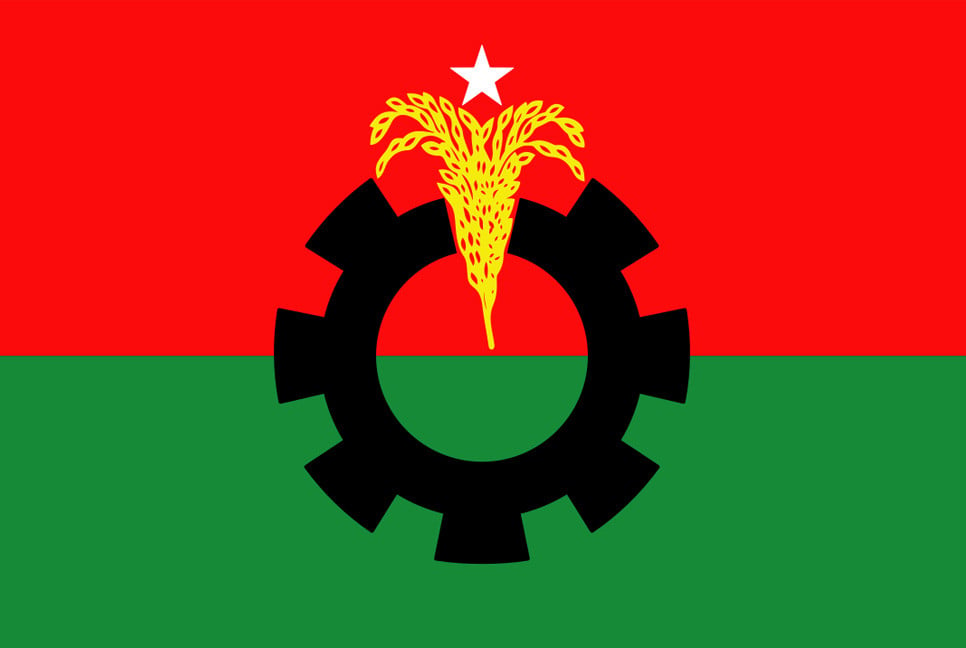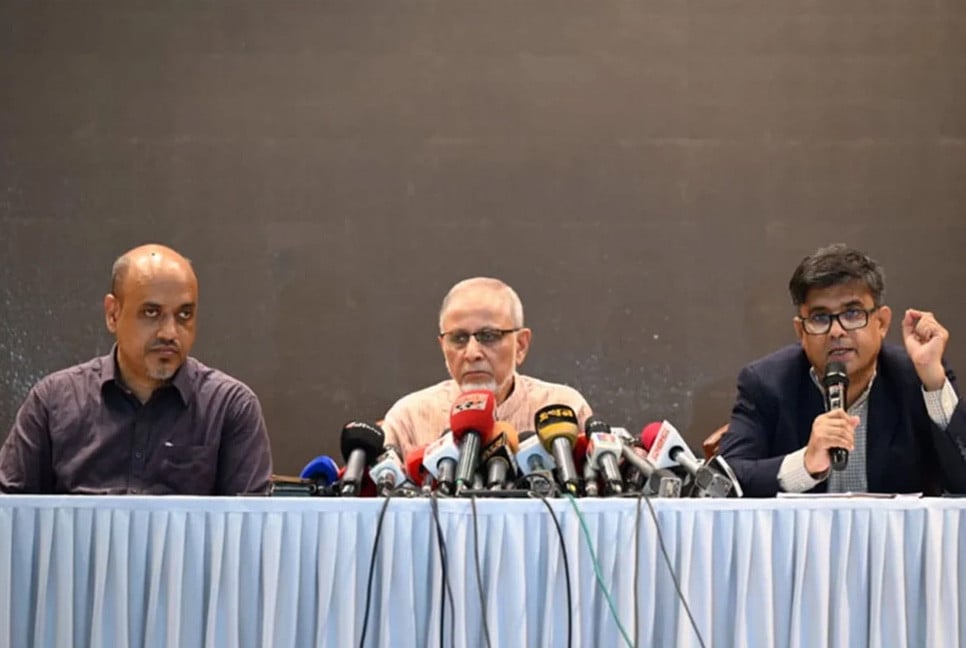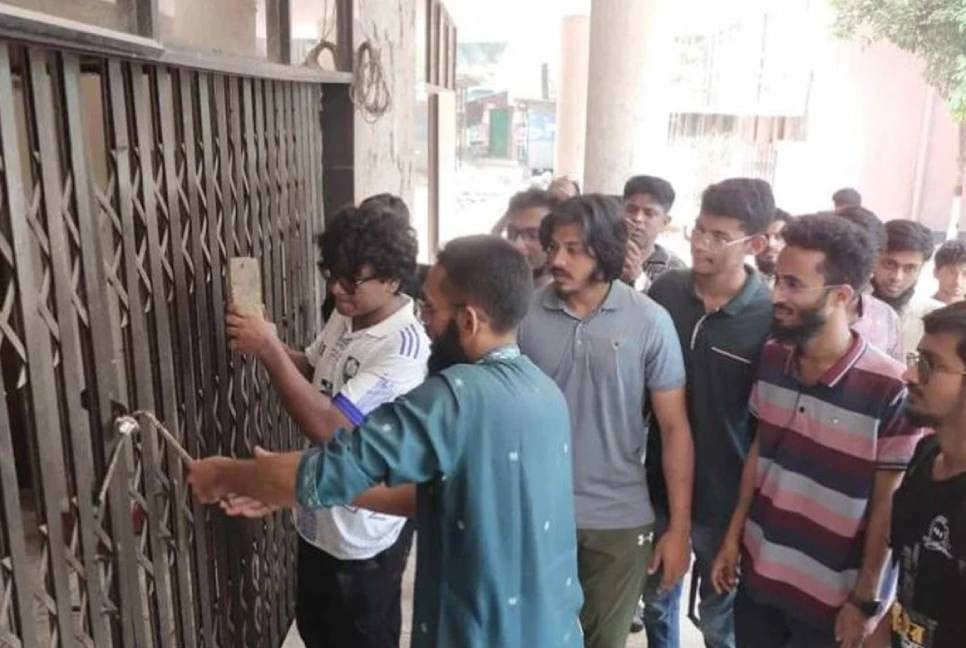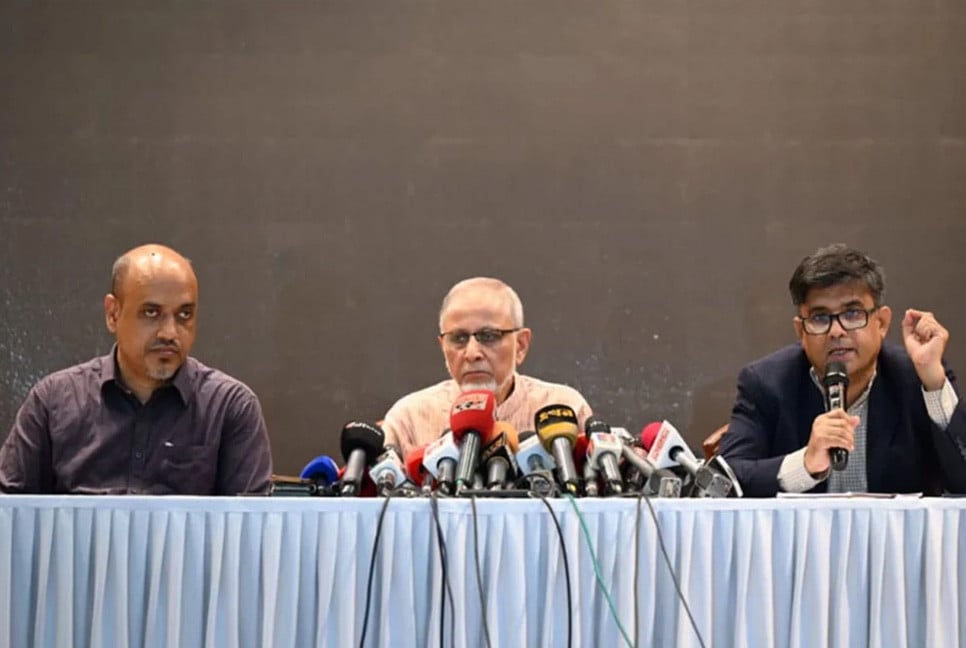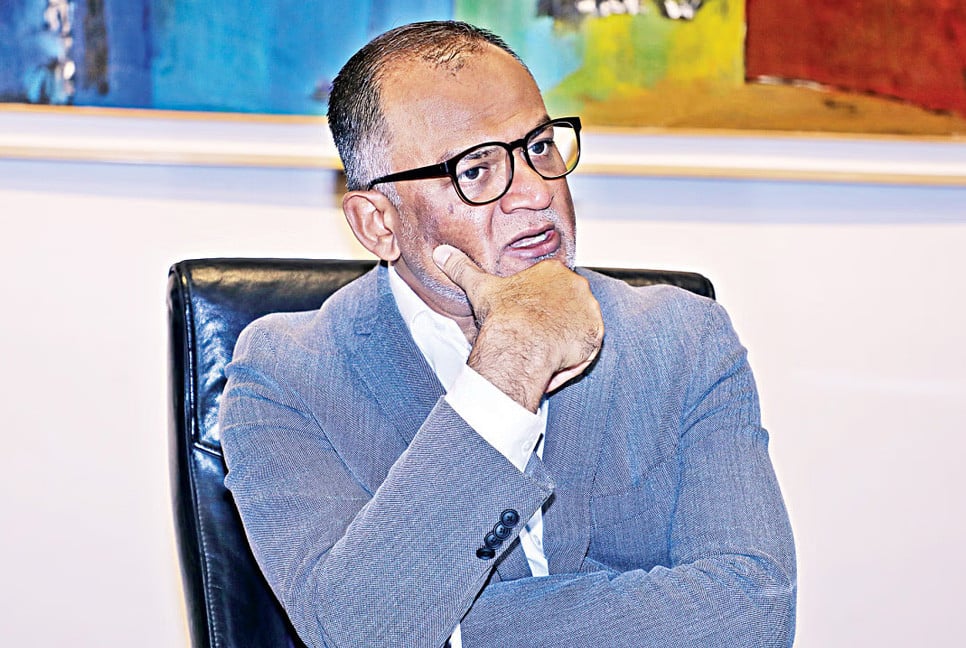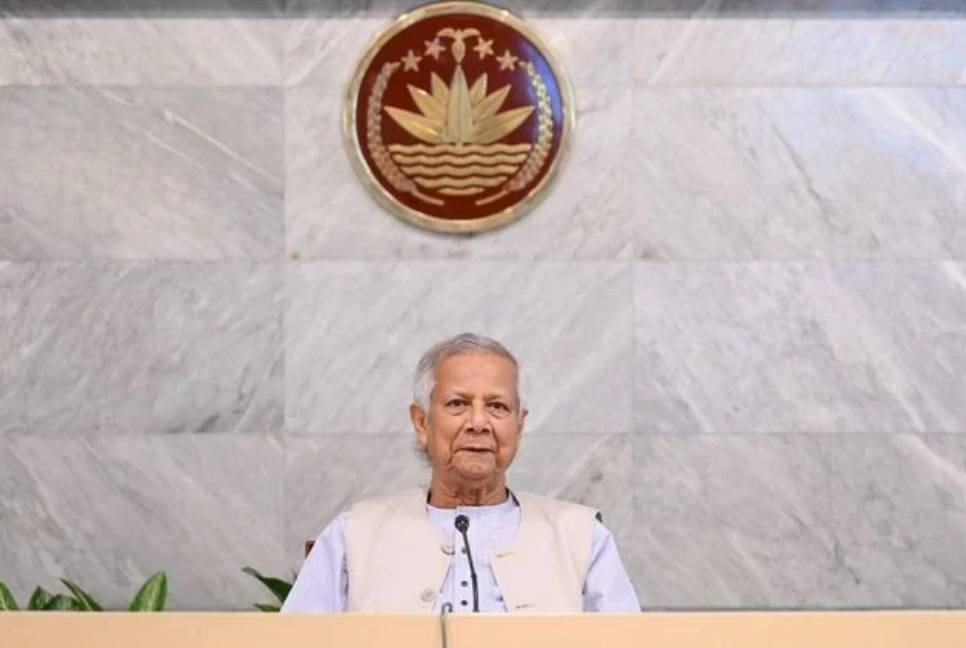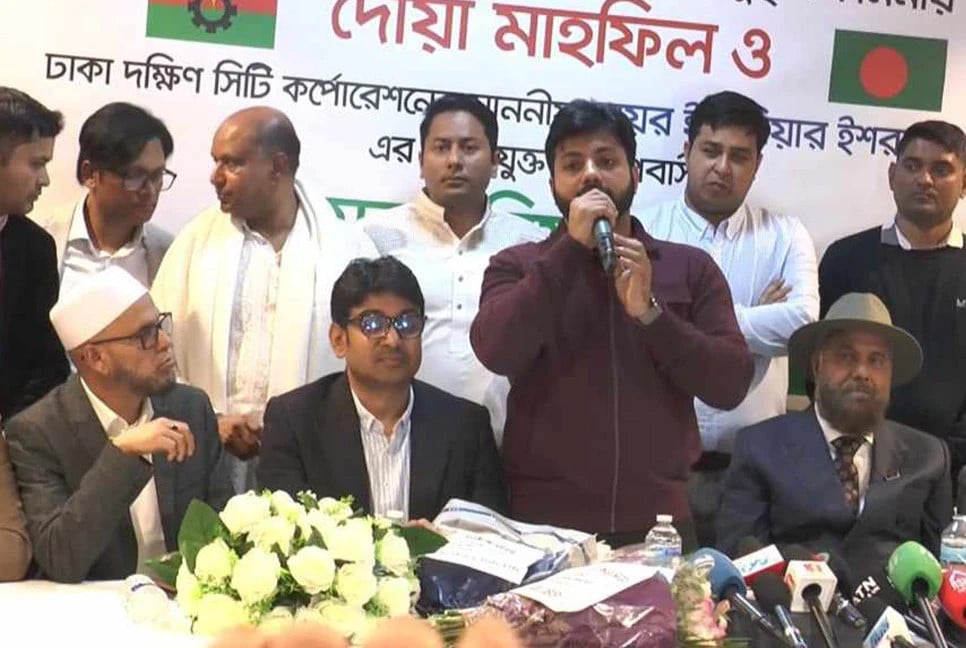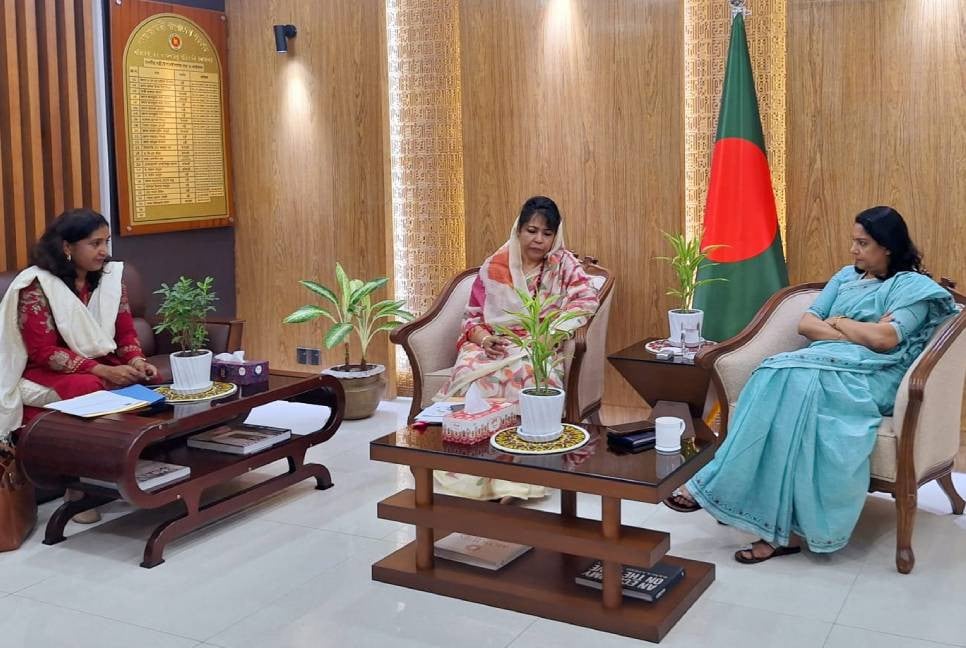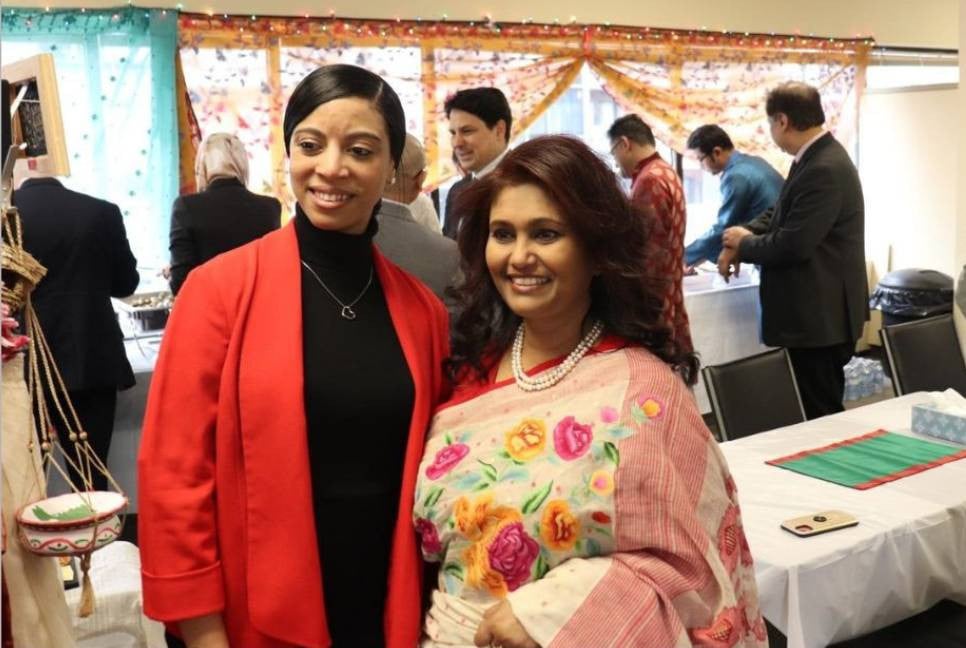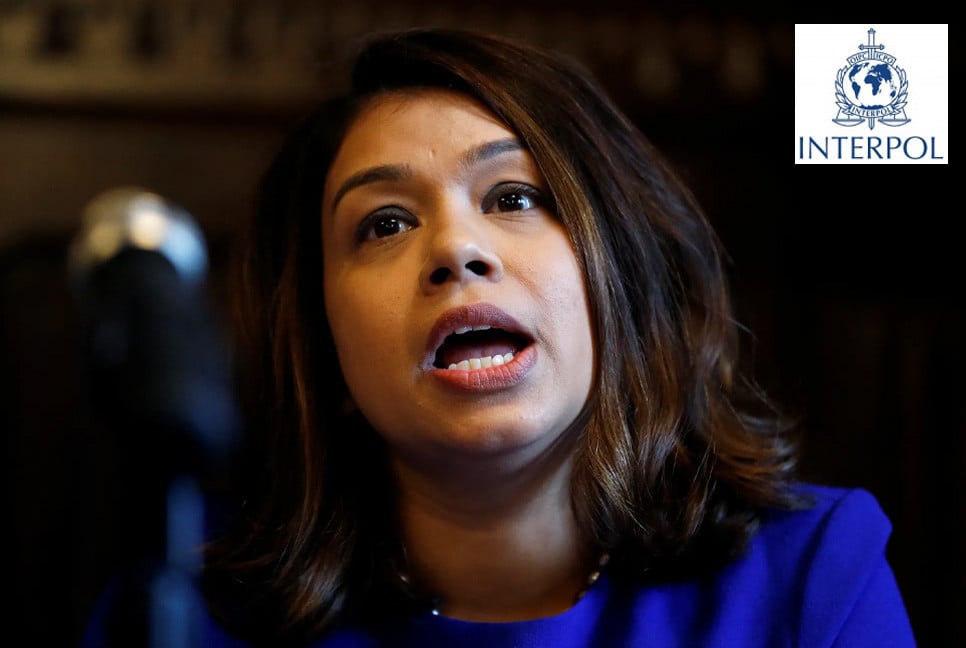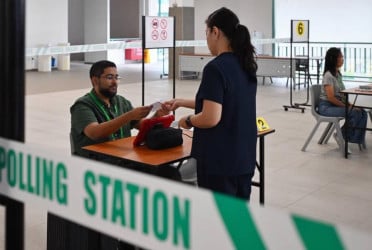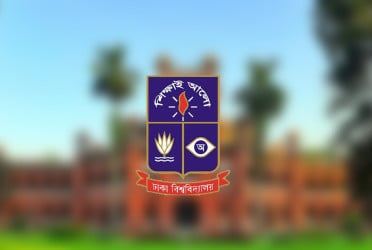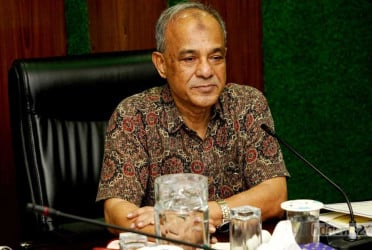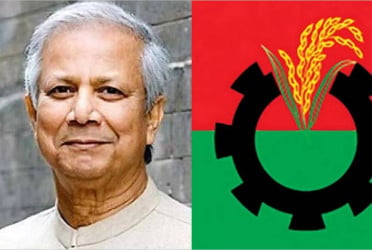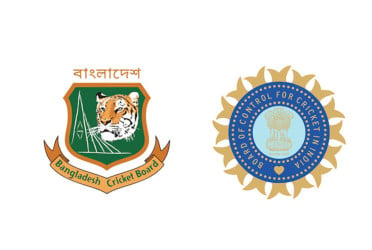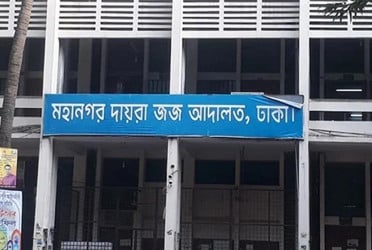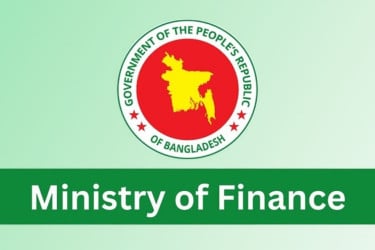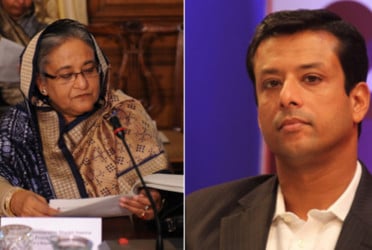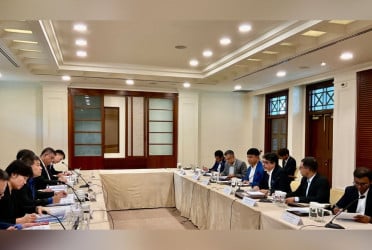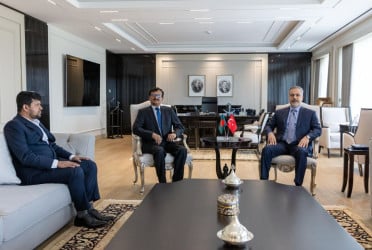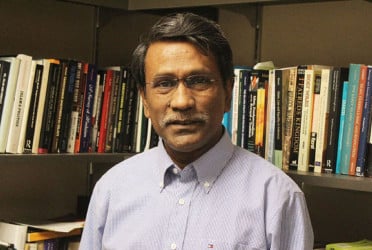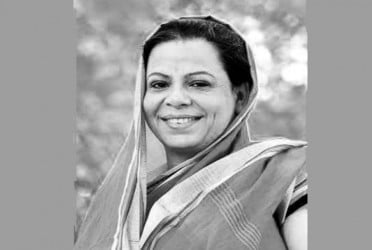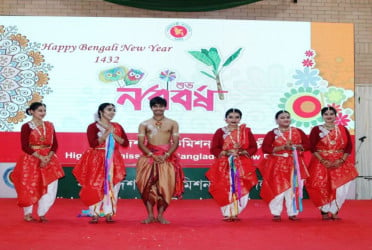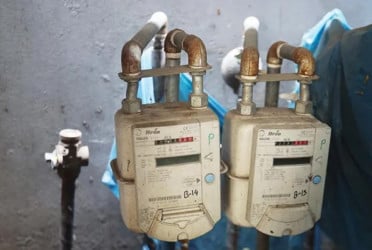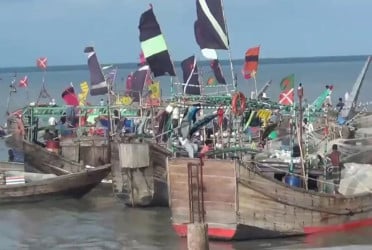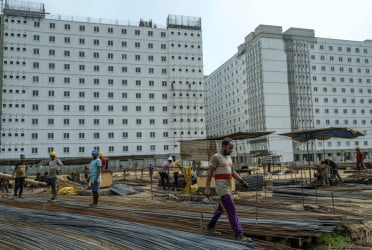Syeda Rizwana Hasan, Advisor to the Ministry of Environment, Forest, and Climate Change, emphasized the urgent need to address lead and heavy metal poisoning, calling it a “silent crisis demanding immediate attention.” Speaking as the Chief Guest at the national workshop titled "Lead-Free Bangladesh: How Do We Get There?" at the BICC in Dhaka, Advisor reaffirmed the government’s commitment to work with all stakeholders in order to eliminate lead poisoning by 2040. She stressed the importance of a comprehensive action plan to identify and mitigate major sources of toxic metal exposure in Bangladesh.
Highlighting the need for robust data, Rizwana noted that nationally representative information on lead exposure is essential for effective policy-making. She thanked UNICEF and the Bangladesh Bureau of Statistics for their support in tackling contamination sources and advancing evidence-based interventions.
The workshop, organized by the Ministry in collaboration with UNICEF for International Lead Poisoning Prevention Week, aimed to deepen understanding of the health impacts of heavy metals, particularly on children, and to engage both government and private stakeholders in addressing this critical issue.
Studies presented during the event revealed alarming blood lead levels among children across Bangladesh, indicating exposure risks from air, water, soil, food, and products like paints and cookware. Rapid industrialization has intensified lead contamination, with young children most vulnerable to its devastating effects on cognitive and physical development.
Recent UNICEF-supported research with IEDCR and icddr,b showed detectable blood lead levels in all children tested in districts like Dhaka, Khulna, and Sylhet. Recognizing this, Bangladesh Bureau of Statistics, with UNICEF and USAID funding, will include blood lead level testing in the upcoming MICS 2024-2025 survey to generate critical data for policy reform.
UNICEF reiterated its commitment to a multi-sectoral response, calling for stronger laboratory capacity to monitor heavy metals. The Partnership for a Lead-Free Future aims to eliminate childhood lead poisoning by 2040, uniting resources to create a safer environment for all children.
Dr Farhina Ahmed, Secretary of the Ministry of Environment, Forest and Climate Change presided over the occasion. Md. Mahbub Hossain, Secretary, Statistics & Informatics Division, MoP; Rana Flowers, Representative, UNICEF; Reed Aeschliman, Mission Director, USAID; Mohammed Mizanur Rahman, Director General, Bangladesh Bureau of Statistics; Dr. Fahmida Khanom, Additional Secretary, MoEFCC also spoke in the occasion.
On the other hand, For selling banned polythene, the Department of Environment conducted 15 mobile court operations across the country to curb the production, sale, supply, and marketing of prohibited polythene. During these operations, fines totaling BDT 1,89,900 were imposed and collected from 47 establishments, and approximately 4,044 kilograms of polythene were seized. The Department of Environment will continue such anti-pollution drives.
bd-pratidin/Rafid

